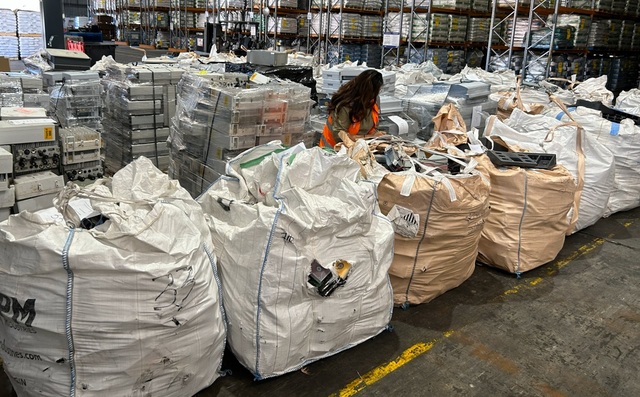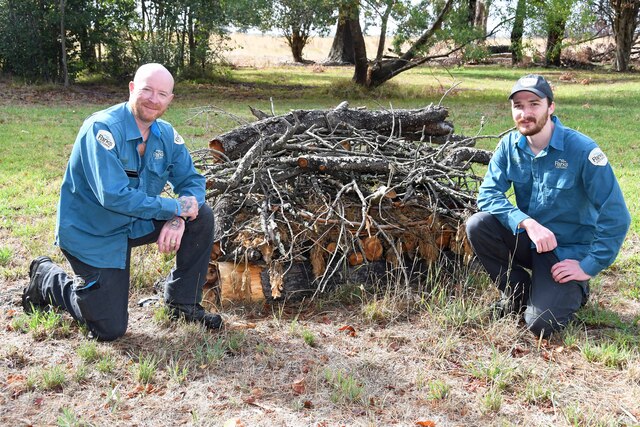While veterans of the workforce enjoy the perks of working from home, junior employees may be struggling to adjust, according to one HR expert.
Katriina Tahka, CEO at A Human Agency, is urging employers to devise a strategic plan to support their junior staff – especially those entering the workforce for the first time.
“People who’ve had 20-30 years in the workforce are quite comfortable with the idea of continuing to work from home remotely,” she explained.
But those with less than five years’ at a company don’t have their office-based experience to draw on, she said, and are “thrown in the deep end, trying to figure out how to work for a company or at all after just a couple of Zoom meetings”.
Additionally, she said, many younger employees don’t have adequate home office set-ups or still live at home with parents who may be trying to work remotely too.
And the disconnect can begin to strain some people’s mental health, she warned.
Ms Tahka said employers everywhere need to think differently about how to help new employees feel like they’re part of the workplace without having ever stepped foot in it.
She said employers should be conscious of the different needs of different generations within their organisations, with younger generations experiencing work differently.
“When it comes to looking after employees, you need an individual understanding of what that individual needs,” she said.
More practically, she said employers should be wary of Zoom fatigue and of the repetition of endless online meetings about work.
To help juniors to settle in and feel connected, employers could try regular, short check-ins in different ways – even an old-fashioned phone call.
Buddy systems and bonding activities like weekly trivia games can help foster camaraderie.
Bosses could also encourage walking catch ups where employees take the call out in the sunshine.
“There are mental health benefits to not staring at a person on a screen,” Ms Tahka said.
“We know a lot of businesses will say ‘I have no time, I’m flat out trying to make it through the pandemic’ … but I think it’s something we have to make time for.”
For employers, the cost of not staying connected to their junior employees can be high, Ms Tahka said.
“If they don’t do it well, in a couple of months we will see massive movement of people in companies because people are just drifting off.
“If you haven’t done what’s needed to keep people, especially young people now, people will take off just to get new experiences and go somewhere.”
For junior employees themselves, Ms Tahka recommended they have the courage to speak up if they’re feeling disconnected from work.
“You don’t have to pretend everything’s perfect.
“Sometimes it can be tempting not to make waves but if you’re concerned about anything, find someone you feel confident talking to. It doesn’t have to be a colleague,” she said.
If you feel the need to speak with someone, you can contact:
Lifeline – lifeline.org.au or 13 11 14
Beyond Blue – beyondblue.org.au or 1300 224 636

















